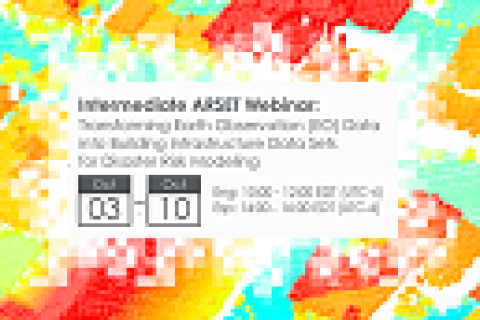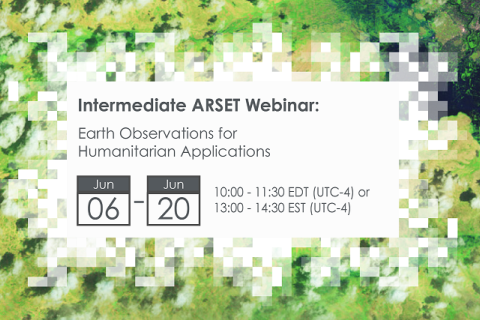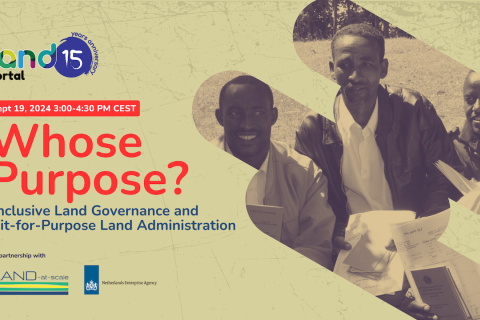Transforming Earth Observation (EO) Data into Building Infrastructure Data Sets for Disaster Risk Modeling
NASA’s Applied Remote Sensing Training Program (ARSET) has opened a new open, online, intermediate webinar series: Transforming Earth Observation (EO) Data into Building Infrastructure Data Sets for Disaster Risk Modeling. This three-part training, presented in English and Spanish, is open to the public and will cover the basics of natural hazard risk modeling and exposure development with a focus on fusing data from multiple datasets expressly for the purposes of risk assessment. We will also present examples applying the techniques to applications related to flood risk assessment, climate adaptation, and earthquake modeling.






